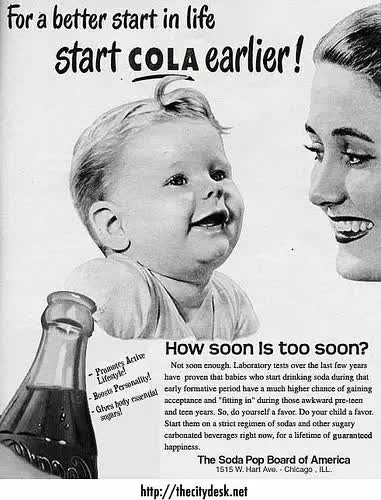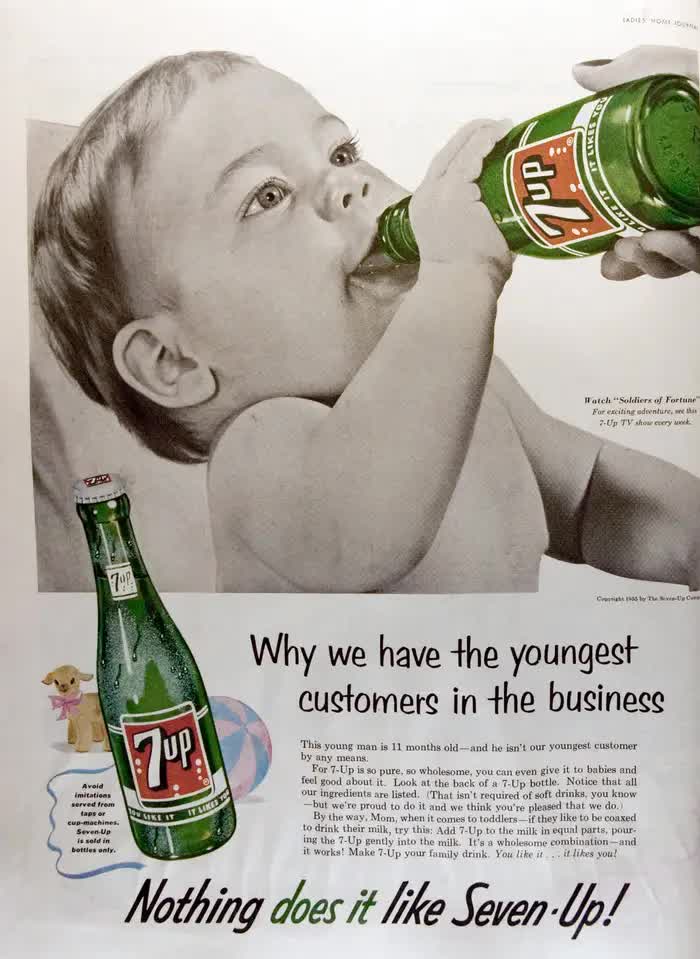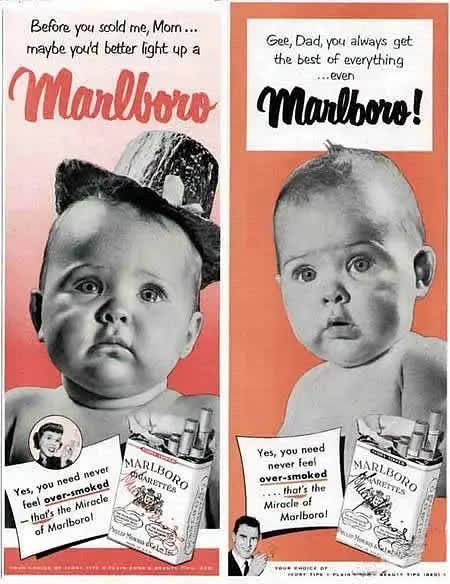Quotes that transformed Americans from citizens to consumers (and food to doof)
I found some quotes from the roots of what transformed our culture from based on people as citizens, promoting freedom, to one based on people as consumers before citizens. They turn my stomach the way learning a Thomas Jefferson owned slaves. We became a consumerist culture, replacing food with doof, for deliberate reasons.
I don’t know if the people promoting the change foresaw where they would lead us. I doubt they could have imagined the Pacific Ocean filling with plastic or people rushing from Thanksgiving dinners to fight over each other, believing that the people and forces impoverishing and disempowering, even enslaving them, were helping them. What makes people poor, people defend as helping poor people.
Here are quotes spanning over a century promoting this cultural shift. Which do you think affect you? If shifted one way deliberately we can shift the other.
I’ll add more as I find them.
The quotes
I’m sure the people quoted here are the tip of the iceberg.
First a quote that became popular, though it misquoted the original. My point here isn’t to present history, but ideas that resonate with our culture. The following quote appeared in a BBC documentary, The Century of the Self – Part 1: “Happiness Machines”, about 16:18.
We must shift America from a needs, to a desires culture, people must be trained to desire, to want new things even before the old had been entirely consumed. We must shape a new mentality in America. Man’s desires must overshadow his needs.
Paul Mazur of Lehman Brothers (in the Harvard Business Review, 1927)
The original quote that got changed (thanks Quote Investigator):
Any community that lives on staples has relatively few wants. The community that can be trained to desire change, to want new things even before the old have been entirely consumed, yields a market to be measured more by desires than by needs. And man’s desires can be developed so that they will greatly overshadow his needs.
Standardization became increasingly subordinate to style; uniformity of production was subordinated to style appeal. The factors necessary for sales began to impose themselves in this manner upon manufacturing. This condition was fairly well developed by 1914. It prepared the stage upon which the war trod during those eventful years. And the effect upon the economic drama was stupendous.
1928, American Prosperity: Its Causes and Consequences by Paul M. Mazur, Chapter 3: Evolution of Distribution, Quote Page 24 and 25

The conscious and intelligent manipulation of the organized habits of the masses is an important element in democratic society. Those who manipulate this unseen mechanism of society constitute an invisible government which is the true ruling power of our country. We are governed, our minds are molded, our tastes formed, and our ideas suggested, largely by men we have never heard of… It is they who pull the wires that control the public mind.
If we understand the mechanisms and motives of the group mind, it is now possible to control and regiment the masses according to our will without their knowing it. In almost every act of our daily lives, whether in the sphere of politics or business, in our social conduct or our ethical thinking, we are dominated by the relatively small number of persons who understand the mental processes and social patterns of the masses.
Propaganda (1928), Edward Bernays
Bernays shattered the taboo against women smoking by persuading a group of debutantes to light up at a parade — an event he leaked to the media ahead of time with the phrase “Torches Of Freedom” — thereby linking smoking with challenging male authority.
I wonder why you all want to dress always the same, with the same hats and the same coats. I’m sure all of you are interesting and have wonderful things about you, but looking at you in the street you all look so much the same. And that’s why I’m talking to you about the psychology of dress.
celebrity aviator Mrs Stillman in a Bernays promotional video

You have taken over the job of creating desire and have transformed people into constantly moving happiness machines. Machines which have become the key to economic progress.
President Herbert Hoover
Our enormously productive economy demands that we make consumption our way of life, that we convert the buying and use of goods into rituals, that we seek our spiritual satisfactions, our ego satisfactions, in consumption. The measure of social status, of social acceptance, of prestige, is now to be found in our consumptive patterns. The very meaning and significance of our lives today expressed in consumptive terms. …We need things consumed, burned up, worn out, replaced, and discarded at an ever increasing pace. We need to have people eat, drink, dress, ride, live, with ever more complicated and, therefore, constantly more expensive consumption. …What becomes clear is that from the larger viewpoint of our economy, the total effect of all the advertising and promotion and selling is to create and maintain the multiplicity and intensity of wants that are the spur to the standard of living in the United States.
Economist Victor Lebow, 1955 Journal of Retailing, Price Competition in 1955
The US Bureau of Labor Statistics reports that in 1901 an average of 20.2% of a family’s spending was allocated to “non-necessities”. A century later, by 2002, that figure jumped to 49.9%.
The key to economic prosperity is the organized creation of dissatisfaction.
Charles Kettering, the Director of Research at General Motors from 1920–1947
